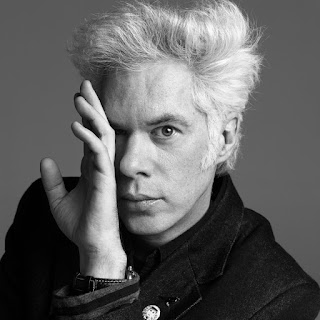How one old tire leans up against
another, the breath gone out of both.
Old friend,
perhaps we work too hard
at being remembered.
Which way will the creek
run when time ends?
Don’t ask me until
this wine bottle is empty.
While my bowl is still half full,
you can eat out of it too,
and when it is empty,
just bury it out in the flowers.
All those years
I had in my pocket.
I spent them,
nickel-and-dime.
Each clock tick falls
like a raindrop,
right through the floor
as if it were nothing.
In the morning light,
the doorknob, cold with dew.
The Pilot razor-point pen is my
compass, watch, and soul chaser.
Thousands of miles of black squiggles.
Under the
storyteller’s hat
are many
heads, all troubled.
At dawn, a
rabbit stretches tall
to eat the
red asparagus berries.
The big fat
garter snake
emerged
from the gas-stove burner
where she
had coiled around the pilot light
for warmth
on a cold night.
Straining
on the toilet
we learn
how
the
lightning bug feels.
For
sixty-three years I’ve ground myself
within this
karmic mortar. Yesterday I washed
it out and
put it high on the pantry shelf.
All I want
to be
is a
thousand blackberries
bursting
from a tree,
seeding the
sky.
Republicans
think that all over the world
darker-skinned
people are having more fun
than they
are. It’s largely true.
Faucet
dripping into a pan,
dog lapping
water,
the same
sweet music.
The
nuthatch is in business
on the tree
trunk,
fortunes up
and down.
Oh what dew
these
mortals be.
Dawn to
dark.
One long breath.
The wit of
the corpse
is lost on
the lid of the coffin.
A book on
the arm of my chair
and the
morning before me.
from "Braided Creek: A Conversation in Poetry", published in 2003 by Copper Canyon Press
Friends and fellow poets Harrison and Kooser decided to have a correspondence
entirely in short poems after Kooser was diagnosed with cancer and, Harrison
says, "Ted's poetry became overwhelmingly vivid." The results of that decision
are gathered in this book, and none of the two- to five-line writings is individually
signed. Telling whose poem is whose is virtually impossible, and, not to gainsay
Harrison, vividness, visual or tactile, takes second place to wit and wisdom in
their colloquy.





